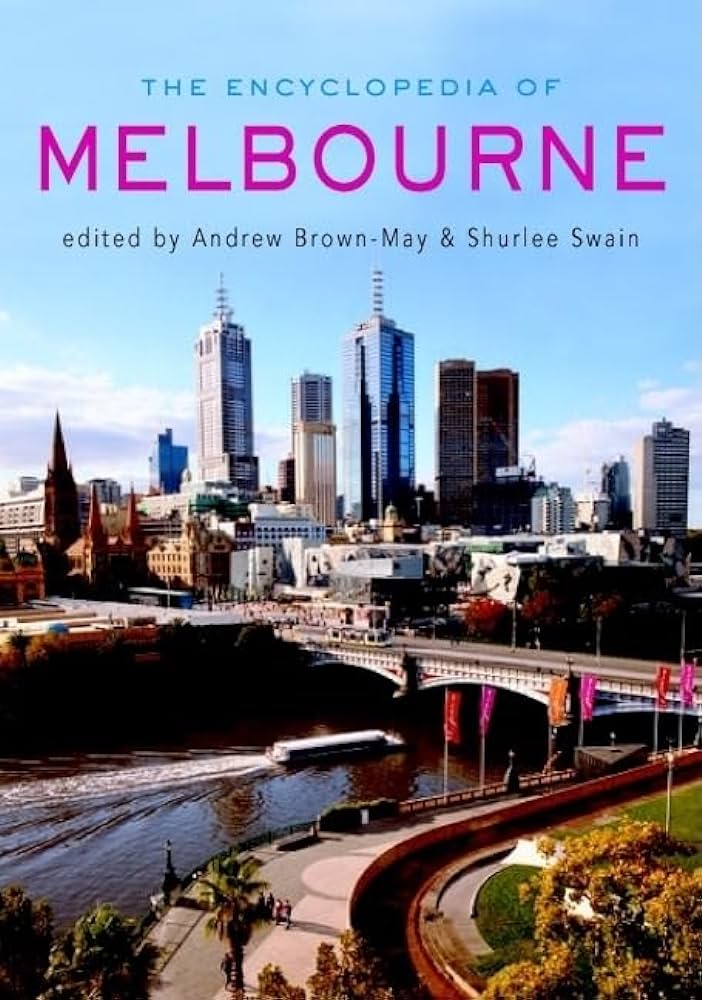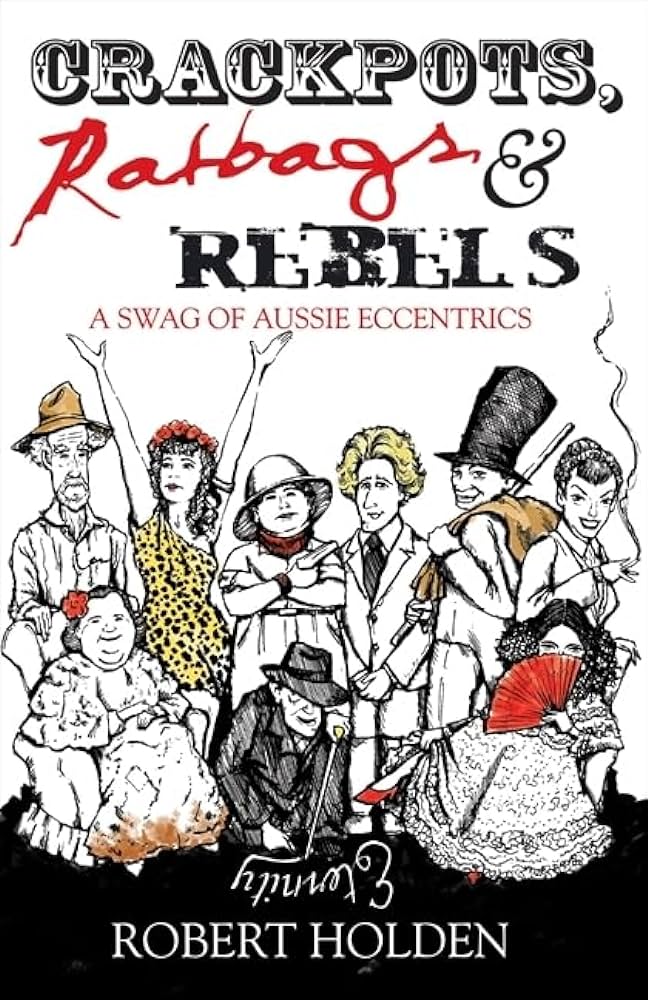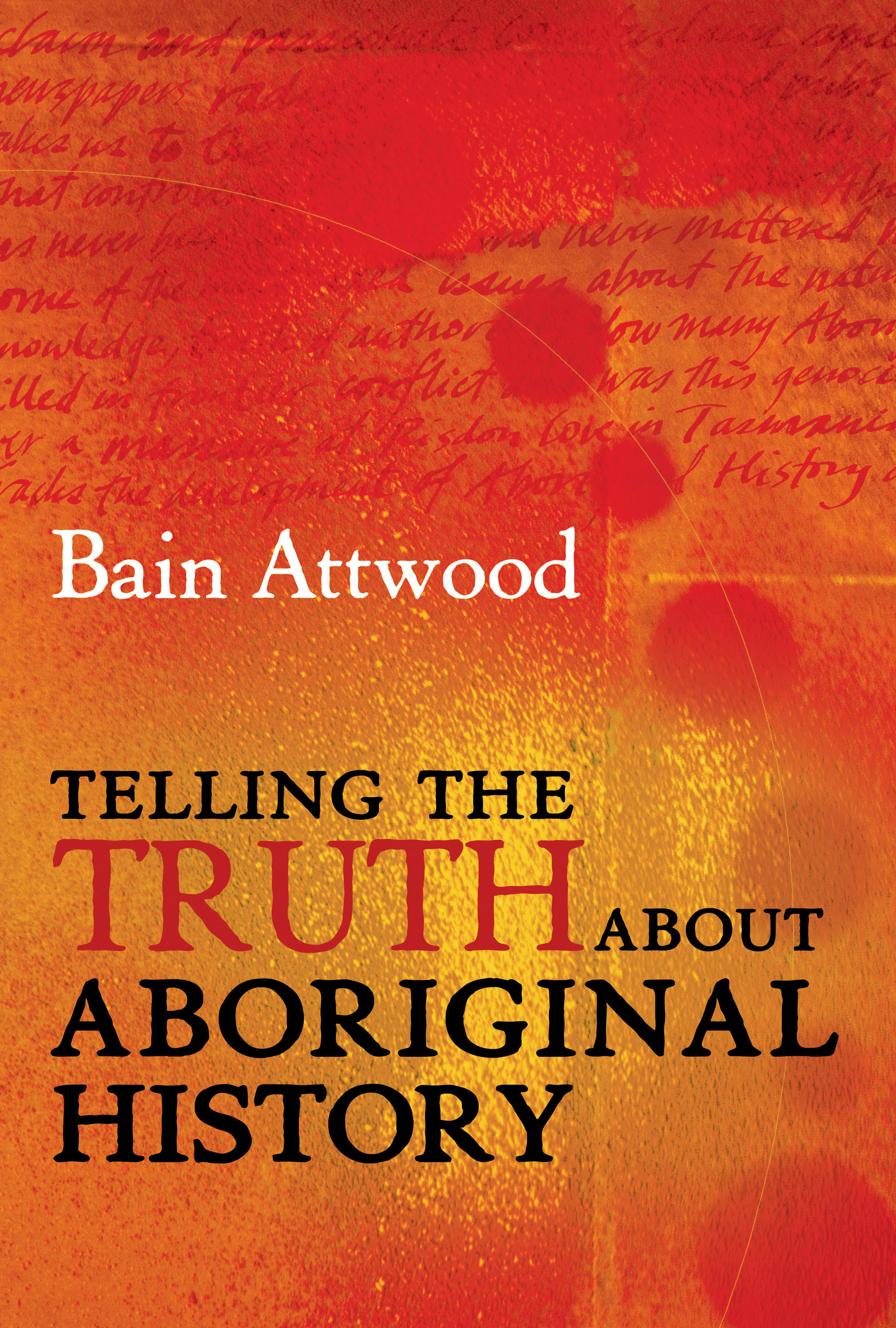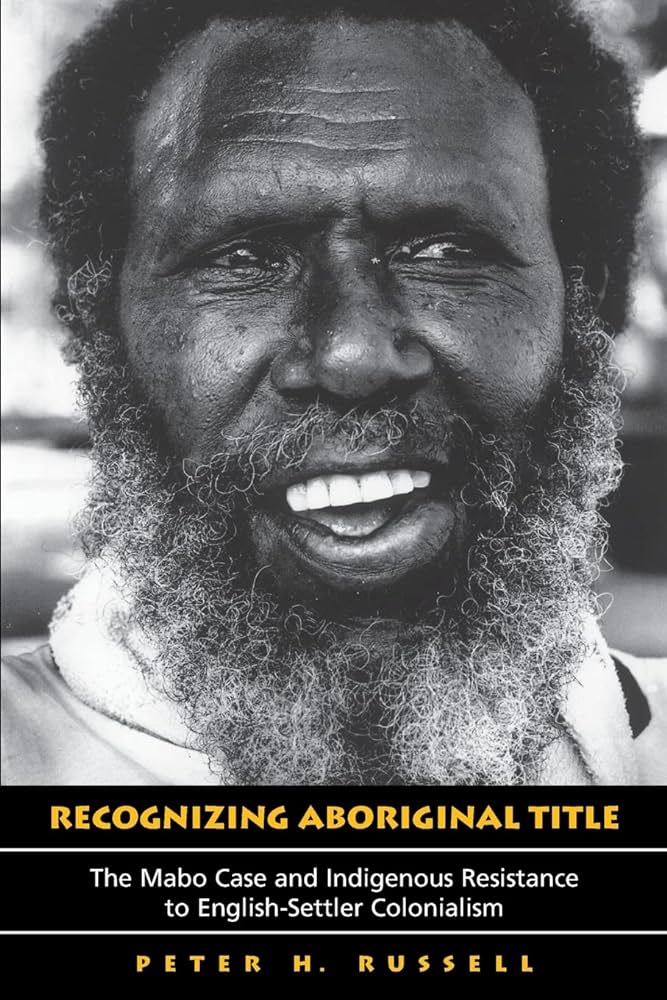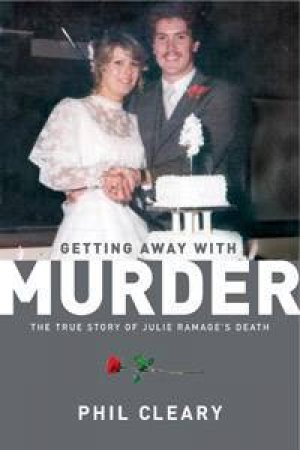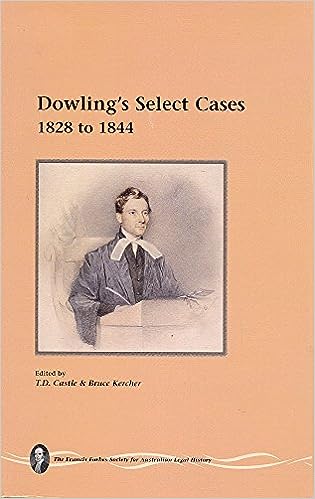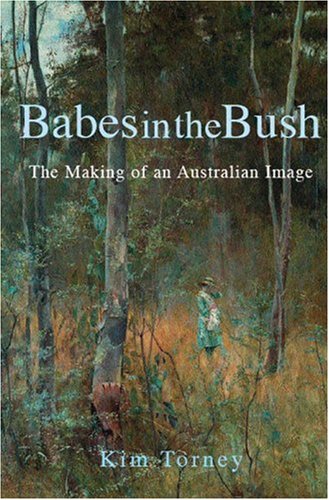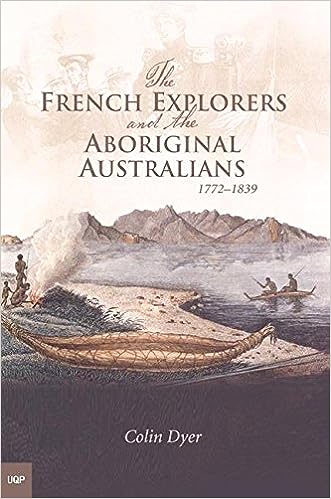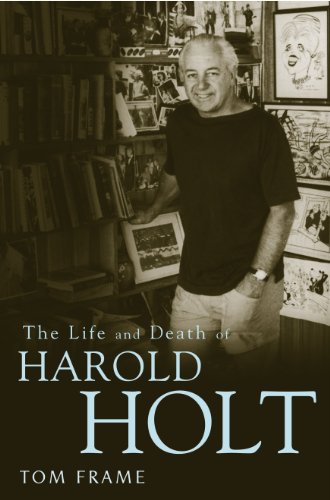Australian History
Encyclopedia of Melbourne edited by Andrew Brown-May and Shurlee Swain
This Encyclopedia – claimed by the publishers to be the first for Melbourne – is an immense undertaking. The sheer numbers are staggering: 1500-odd articles, 850,000 words, 250 illustrations, nineteen maps and twenty-one tables, produced over a period of nearly ten years by an army comprising two principal editors, five associate editors, fifteen working parties and 440 authors (to say nothing of administrative and publishing staff). Fourteen notable residents offer more reflective pieces on ‘My Melbourne’, ranging from Stephanie Alexander on ‘Eating Melbourne’ and Barry Dickins on St Paul’s Cathedral (his ‘favourite place of anarchy’), to Barry Humphries’ elegiac meditation on ‘the days of Gladstone bags and gloves and hats and glads, / Before Melbourne had been Starbucked, and the trams plastered with ads’.
... (read more)Crackpots, Ratbags and Rebels by Robert Holden & Up Close by Peter Wilmoth
We’re all interested in people; misanthropy is not trendy. Contemporary interest in people may be manifested by the success of reality television, the media coverage given to celebrities, and books such as these, which set out to investigate people and what makes them tick.
... (read more)Telling the Truth About Aboriginal History by Bain Attwood
For the past twenty years, Bain Attwood has been trying to de-provincialise what he sees as an insular historiography of Aboriginal Australia by imploring colleagues to embrace the latest intellectual trends from France, America and New Zealand. In Telling the Truth about Aboriginal History, he expands on his many press articles on the ‘history wars’ and combines them with methodological reflection on postmodernism and post-colonialism. What advice does he have for his colleagues in the face of doubts cast on their work by newspaper columnists and other ‘history warriors’?
... (read more)Recognizing Aboriginal Title: The Mabo case and Indigenous resistance to English settler colonialism by Peter H. Russell
Peter Russell, a distinguished Canadian student of the politics of the judiciary, asks if ‘my people’ – the English settlers of Australia, Canada, New Zealand, and the US – can live honourably. Is their authority defensible against indigenous people’s charge that ‘my people’ bullied them out of their sovereignty? Because European colonial power has been shadowed by a sense of moral unease, interpreting the colonists’ laws matters. ‘There is a lot of leeway in the law,’ Russell observes, ‘and no more so than in legal cultures based on the common law.’ The High Court of Australia’s decisions in Mabo (1992) and Wik (1996) – making native title recognisable to the common law – seemed to Russell to confirm judges’ potential to be the conscience of liberal constitutionalism.
... (read more)Getting Away with Murder by Phil Cleary & Norfolk: Island of secrets by Tim Latham
True crime is experiencing a boom these days. Its popularity is directly connected to the number of forensic investigative shows on television. The average viewer of CSI probably knows more about criminal profiling and blood pattern analysis than most retired police officers. At least one book, it seems, is published on every major murder committed in Australia. Some murders warrant the public’s attention more than others; they represent turning points in our society. A good example is the disappearance on 15 July 1977 of Liberal parliamentary candidate and anti-marijuana crusader Donald Mackay from a hotel car park in the Riverina town of Griffith. That evening, Mackay left the Griffith Hotel and headed for his van. A local accountant heard a groaning noise and three ‘whip cracks’. By eight o’clock that night, when Mackay hadn’t returned home, his wife became worried. At midnight, Barbara Mackay rang the Griffith police and reported her husband missing. She had been wary of calling the local police earlier because she didn’t trust them – and with good reason. Early next morning, Mackay’s solicitor found the locked van in the hotel car park. Three spent cartridges lay on the ground, and Mackay’s keys were nearby. Blood was smeared on the front mudguard, the side door and front wheel; the blood type matched Mackay’s. Despite an exhaustive search and a large government reward, his body was never found.
... (read more)Dowling’s Select Cases, 1828 To 1844 edited by T.D. Castle and Bruce Kercher
The prodigious effort that went into the compilation of Dowling’s Select Cases was entirely consistent with his own approach to judicial office, including producing the copious writings that found their way into the book. As Dr Bennett put it in his biography of James Dowling (2001), industry and perseverance were the hallmarks of Dowling’s accomplishments. To produce the chronicle now published, the editors and their helpers followed Dowling’s notes through his nine volumes of cases, cross-referencing many to his 268 judicial notebooks. The cases were recorded by Dowling by hand and required considerable typing. They are arranged chronologically and according to subject matter. The book will not be a threat to Harry Potter but will endure as of considerable interest to lawyers and historians.
... (read more)Babes In The Bush: The making of an Australian image by Kim Torney
The central contention of Kim Torney’s Babes in the Bush: The making of an Australian image is that ‘the lost-child image continues to resonate with Australians’. The cover illustration is from Frederick McCubbin’s famous painting Lost (1886), which Torney elevates to ‘the iconic image of the lost child story’. The task set out in these assertions, and iterations of them, is to find why the image continues to resonate in Australia now that the phenomenon of children lost in the bush is such a rarity, compared with the nineteenth century. (Torney quotes the alarming statistic from the Melbourne Argus index for the 1860s of seventy children fatally lost in the bush.)
... (read more)The French explorers and the Aboriginal Australians 1772–1839 by Colin Dyer
In this book, Colin Dyer draws on the writings of French explorers from ten expeditions spanning the years between 1772 and 1839. His aim is ‘to enable readers to make as close an acquaintance as possible directly with the French explorers and the Aboriginal Australians during their encounters’. He presents the material with little contextual information or analysis, maintaining that he has ‘no personal axe to grind … no thesis or argument to prove, no preconceived conclusion to impose’. This stance, as we will see, has its advantages and its limitations.
... (read more)Tasmania was named Tasmania, instead of Van Diemen’s Land, because of a need to push the island’s history back as far as possible beyond 1803. The Dutch explorer Abel Janszoon Tasman was usefully iconic partly because he had nothing to do with convicts. But yearning for a distant past, a past cut off from the present, was common among nineteenth-century Europeans. As John Stuart Mill remarked, ‘comparing one’s own age with former ages’ was suddenly an everyday habit. The fact that several generations divided Tasman’s visit from British settlement was almost an advantage.
... (read more)This is not an airport read; anyone wanting colourful stories about Harold Holt’s private life will have to dig deep. Dr Tom Frame, Anglican Bishop to the Australian Defence Force, has written the first substantial biography of Australia’s seventeenth prime minister, who succeeded Robert Menzies in early 1966 and drowned on 17 December 1967. The Life and Death of Harold Holt, about ten years in the making, is a meticulously researched and scholarly work, and should become an essential reference for anyone interested in Australian politics and history. It wasn’t a commissioned work, but Frame deals with his subject sympathetically.
... (read more)

